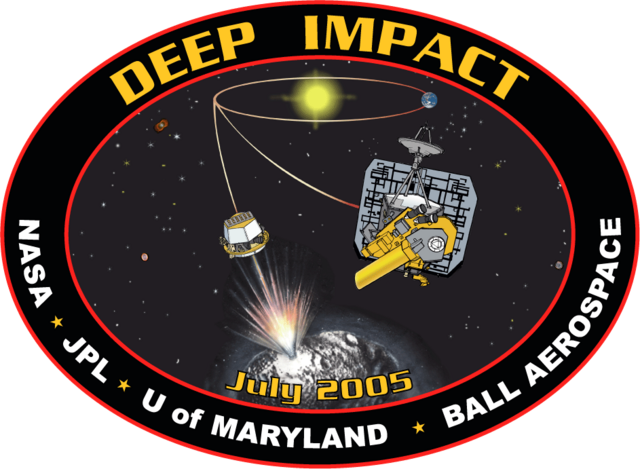Is It Still "Impact" if Nobody Acknowledges It?
Either way, I’m claiming a couple of things I did in 2023.
Happy new year. Holidays are over. I’m starting the new year with two questions:
1. How do you demonstrate you’ve had “impact” and not simply prescience?
I published an article in Ethnic and Racial Studies last year. It argued, based on a research project I set up from 2018 and performed from 2020, that the Australian Government’s June 2022 decision to enumerate Australians by “ethnicity” using the Census was going to go badly.
In the project, I studied a diversity data platform that has fallen down the deep rabbit hole of “raciology,” in Paul Gilroy’s terms, by trying to list and define every ethnic, racial, and linguistic category that ever existed, to try to place people precisely within a “cultural diversity” typology.
I argued the Australian Government should learn from this experience, recognise the futility of trying to pin down the fluid and shifting nature of ethnicity, and appreciate that attempts to socialise a fixed concept of ethnic identity among the Australian public would create confusion.
The article was published online on 23 November 2023. Not even three weeks later, on 12 December, the Australian Bureau of Statistics, which runs the Australian Census, quietly announced the decision was being reversed. Why? Pretty much because it would create confusion. And that’s the end of a proposal that the relevant Minister, Andrew Giles, and the Federation of Ethnic Community Councils Australia (FECCA) have been working on since at least 2019, in fact likely longer, given that the platform I studied has emerged from similar circles and was released in 2017.

So, did my article “impact” this reversal? In my view, it played a part, due not to its publication date, obviously, but to its long lead time and the way it openly articulated the problems with the decision. The article was 5 years in the making, and in the process, I spoke to stakeholders, went to conferences, asked my questions, and expressed my concerns. I also published an op-ed in The Conversation, which was picked up by the Australian Public Service newsletter The Mandarin, and I went on the radio twice – once on 3RRR’s The Score1 and once on ListNR’s The Briefing.2
Was it really just me, though? Could anything else have played a part? Yup, to be honest, and that something else is the failure of the Yes campaign to convince Australians to support the creation of an Indigenous voice to parliament. Whatever other lessons one might wish to learn from this failure, one important one is that it’s not easy to lead a public discussion about race. Especially in tough economic times marked by the politics of bitter competition for proper jobs, housing, and other opportunities. The Australian Government seems to have decided not to try again.
So how do I demonstrate how much I did, as distinct from how much the referendum did, to produce this “impact”? I don’t know. Maybe you can tell me. Regardless, I’m glad I got some Asian History content into a discussion about Australia, how Asian it’s become since it abolished the White Australia Policy, and how so many of us already have heaps of experience with official racial and race-like typologies operating elsewhere. Since the article, I’ve also joined the Ethnic and Racial Studies editorial board, and I’m looking forward to working with the other great people on it.
Incidentally, I sense this issue is far from dead and there are plenty more questions to consider, like what is the future of ethnic enumeration? What about the private sector entities that do it, like in the workplace surveys that ask me what type/s of Asian I am (you list up to two types, and once you have, your boss will know exactly who you are, even though the survey is purportedly “confidential”)? What of behind-the-scenes data matching, the creation of big data sets, the use of AI to classify us without any scrutiny by the public at all, and the potential combination of these trends in an enormous, racist and racialising, bad data shitshow?
And will these potential problems secretly haunt our lives if the Census ceases using questionnaires, which at least we can view and discuss openly, and turns to “administrative data” as its main data source? Could happen. How are we identified in all this other data? Who knows? Who classifies?
2. What about when it was clearly you, but the force you “impacted” doesn’t declare the impact was yours?
I might address this one in my next newsletter, with another example entirely, as this one’s quite long now. I’ll do my best to write a newsletter every two weeks like I always plan, although I sometimes fail.
In the meantime, if you want an article on how the Malaysian government should manage the Islamist party PAS, hot off the press with my co-author Munira Mustaffa, it’s right here in The Diplomat. I’ll discuss it more another time.
More to come. (How to sign off? Xoxo, Gossip Girl? How’s the new version, anyway? Any good? Speaking of diversity - and featuring Asian characters that aren’t just trying to be earnest all the time - new Heartbreak High was fantastic. Apparently, there’s another season coming out this year).
Please let me know if you have a recording as it’s no longer available online.
With Antoinette Lattouf, journalist and co-founder of Media Diversity Australia and author of a book on racism. Lattouf is suing the ABC, as you will have heard.



